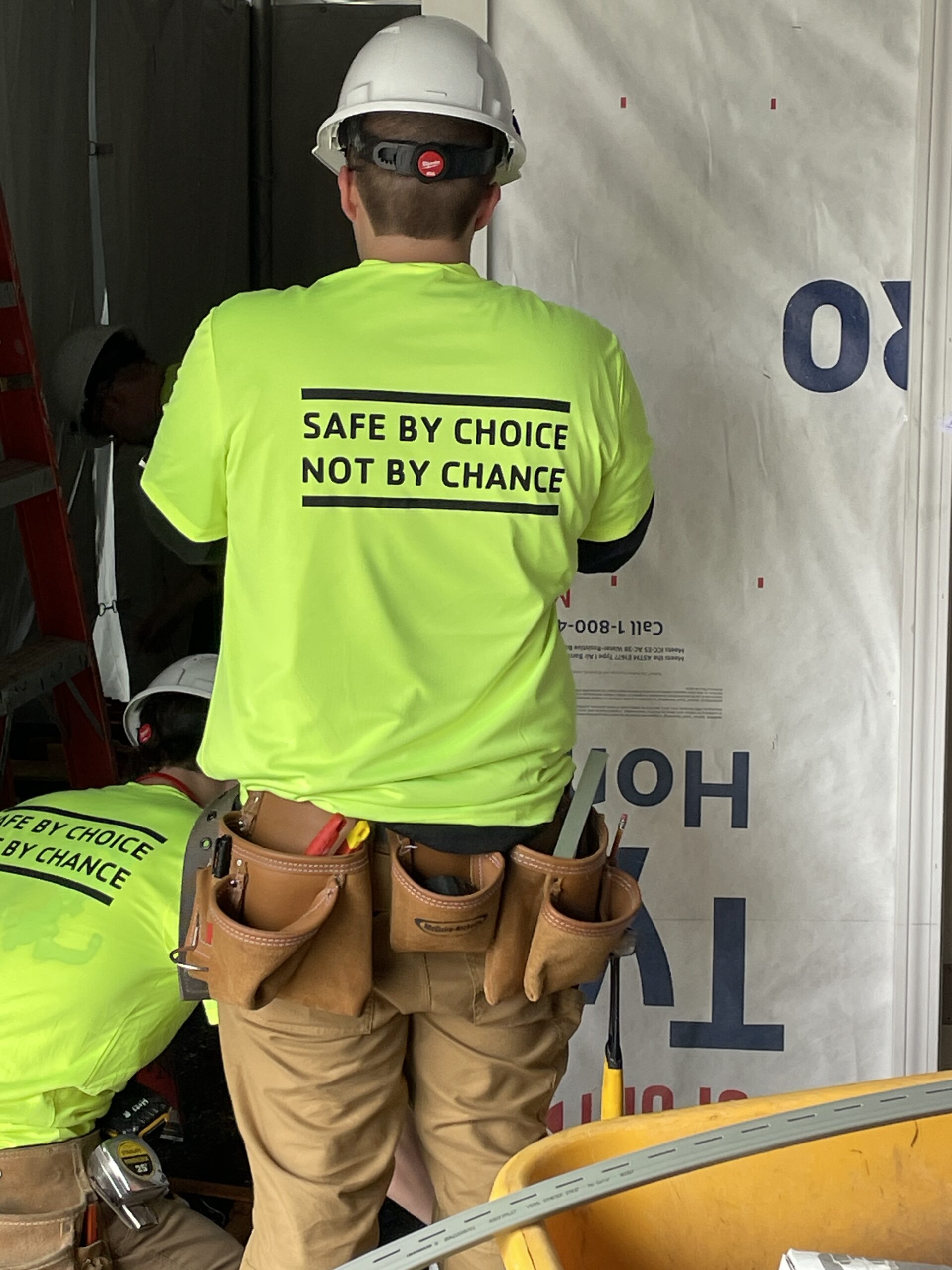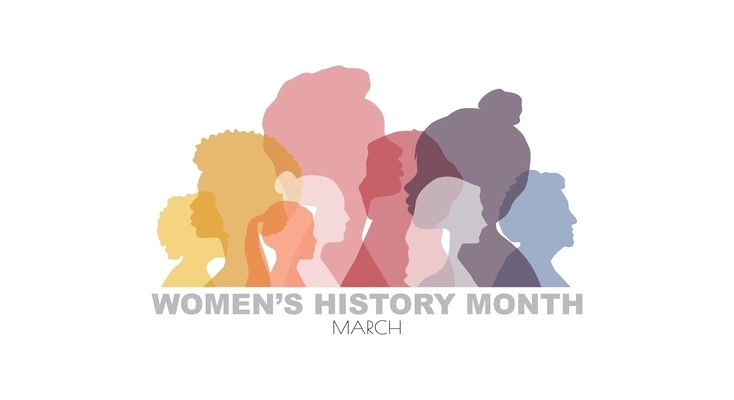October 2024
This month’s newsletter is a potpourri of updates on previous newsletters, including comments from some of you and a few new thoughts. I’ll start with the September newsletter where I wrote about legacy, specifically a friend’s project to inspire a younger generation with his love of classical music. Some of you wrote to share your approach to legacy, which I’ll get to in a moment, but first want to clarify what legacy can mean, at least to me. I have wonderful memories of my grandparents, even though not one of them gave me a compendium of music, art, literature or anything else. Instead, I remember time we spent together. One grandmother making lemon meringue pie, another whizzing down the slide in our back yard.

Drinking milk-infused coffee at my grandparents’ breakfast table, begging for more stories about Charlie, the horse my grandmother grew up with. The memories are vivid, but they stop with me. When I have tried to share them with my son, my words sound desiccated, devoid of meaning. But the memories are a legacy, and I value them.
Some of you are finding ways to pass on a legacy that goes beyond memories. While knowing there are no guarantees, a friend who writes poetry says she hopes her written work will have meaning for younger family members. She would also like her kids to keep the antique house she has restored in the family. Again, no guarantees, but isn’t that always the way?
Bernice Lerner, another writer friend, reminded me that her work is very much about legacy. Her first book, All the Horrors of War: A Jewish Girl, A British Doctor and the Liberation of Bergen-Belsen, is a dual biography of her mother and the British officer who oversaw the liberation of Bergen-Belsen and tried to save as many prisoners as possible, including her mother. Now Bernice is working on a book about her father, who also survived the Holocaust. Her parents’ stories are part of their family legacy but also, as I see it, the world’s.
My August newsletter was about Dr. Helen Taussig, with a guest post by Patricia Meisol who also wrote Taussig’s biography, A Heart Afire. I had not heard of Dr. Taussig before I met Patricia, but those of you who worked in medicine had and wrote to underscore the importance of her work. Thank you.
In June, I asked to you tell me how you decide what book to read next. Then in July, I shared your answers, both amusing and serious. I was struck, but not surprised, by how many people go to NPR for book ideas, both radio and website. That’s in addition to reviews in mainstream media. Also, many of you get recommendations from booksellers, which brings me to Louis Menand’s article about bookstores in the August 26 edition of The New Yorker – their evolution and their role today. In describing how books have been sold over the years, he gives some intriguing background, including the book barge that traveled the Erie Canal in the early 19th century, the rise and fall of chain bookstores with Barnes & Noble as the last one remaining, and the fact that between 1998 and 2020 more than half of indie bookstores closed. Amazon, of course, had something to do with that and soon, Menand says, “we’ll probably be able to chat online about books with a bot.”
Bookstore survival depends on interaction with community – welcoming everyone, hosting events and offering a well-curated selection of books. Also, “a bot is not a person with green hair, a tattoo, and a sense of humor who might have some offbeat suggestions for you.” I don’t know how you feel about green hair, but I do know that many of you look to booksellers for recommendations.

One more thing – my friend Fred Fahey’s book has just come out – The Scoundrel’s Son, an imaginative update of Twain’s The Prince and the Pauper. I will be conducting a conversation with Fred about his book at the Harvard Coop on October 10 at 6:30 pm. I’d love to see you there – you can sign up here.



